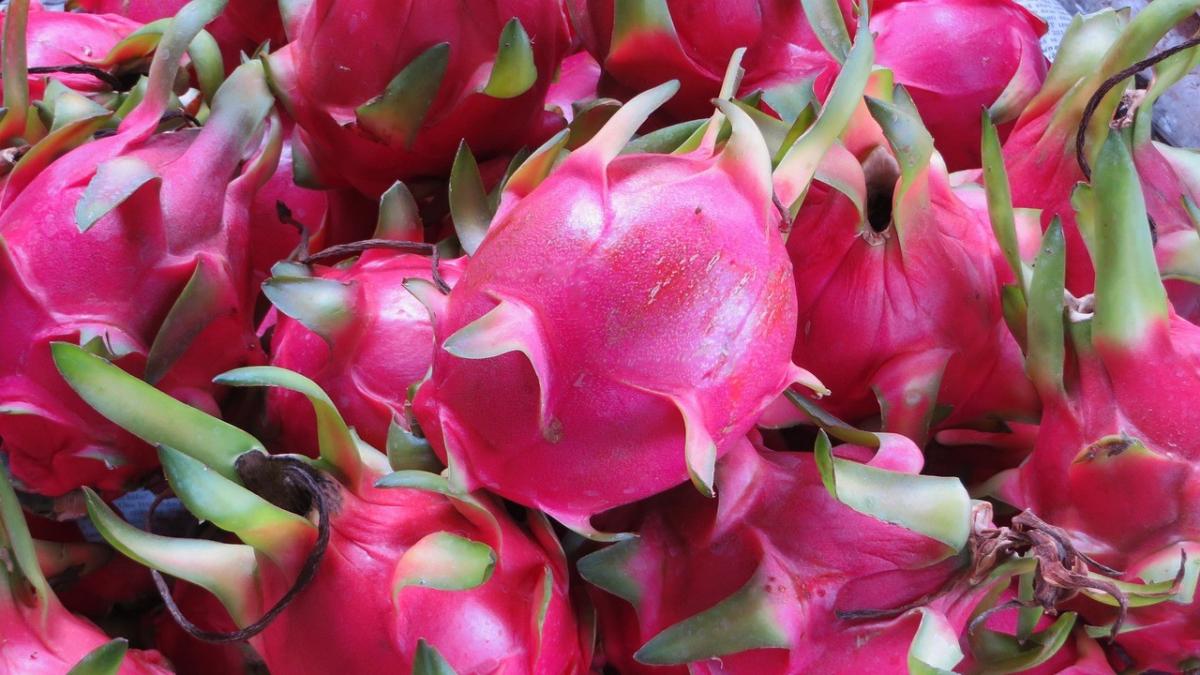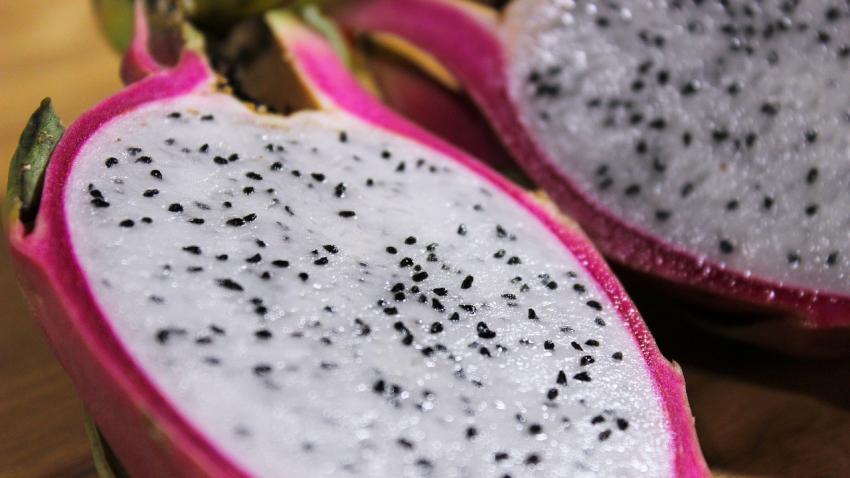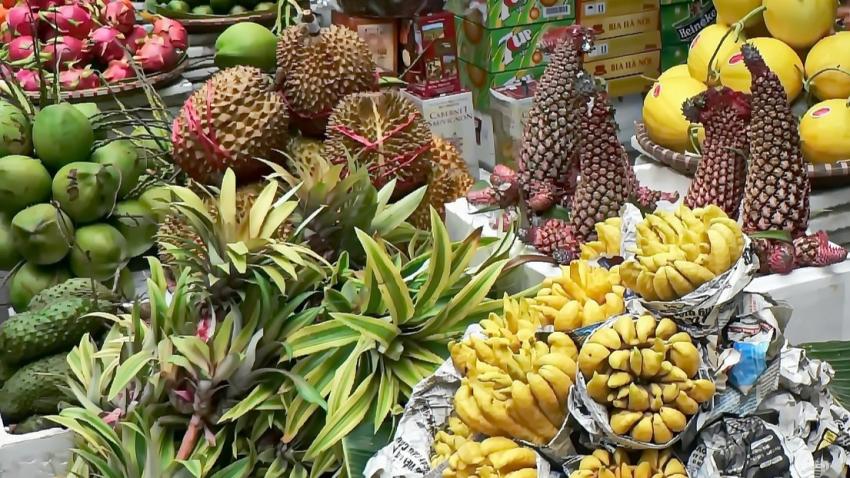You are here
Back to topDragon Fruit Prices Soar in Vietnam

It is currently the off-season for dragon fruit in Vietnam. According to a local news report, prices for this fruit continued their upward trend across the country toward the end of April. In numerous cultivation areas spanning Binh Thuan, Tien Giang and Long An provinces, grade 1 dragon fruit surpassed 40,000 Vietnamese dong ($1.57) per kilogram, with grade 2 fruit ranging between 35,000 and 38,000 dong ($1.38–1.50) per kilogram. Meanwhile, grade 3 fruit were priced at 30,000 to 33,000 dong ($1.18–1.30) per kilogram, marking a significant increase from the March average of 10,000 to 15,000 dong ($0.39–0.59) per kilogram.
At these prices, farmers can earn a profit of 20,000 dong ($0.79) per kilogram. However, owing to the impact of drought and water shortages, the yields for farmers have been relatively low. Although some areas of the Central Highlands region have recently received rainfall, much of Vietnam has experienced nearly two months of drought. Weather forecasts also indicate that heatwaves will continue to spread across the country.
As wholesale prices continue to rise, retail prices have also tripled. According to the management board of the Binh Dien Agricultural Wholesale Market in Ho Chi Minh City, dragon fruit from Long An province were priced at 25,000 to 30,000 dong ($0.98–1.18) per kilogram in late April, while dragon fruit from Binh Thuan province were being sold at between 30,000 and 37,000 dong ($1.18–1.46) per kilogram.
Dang Phuc Nguyen, general secretary of the Vietnam Fruit and Vegetable Association, explained the reasons for the price increase, stating that China typically boosts its imports of dragon fruit to meet domestic market demand from December to April. This trend, evident in the first quarter of 2024, contributed to higher prices for Vietnamese dragon fruit. Furthermore, a significant drop in dragon fruit prices in 2023 prompted many growers to shift toward the cultivation of alternative crops with higher returns, such as durians and jackfruit. Consequently, the cultivation area for dragon fruit in Vietnam has decreased. Moreover, Vietnamese dragon fruit growers have long grappled with challenges related to salinity and drought, resulting in a decline in production.
China serves as the primary overseas market for Vietnamese dragon fruit. However, a rapid expansion of domestic dragon fruit cultivation in China has caused the quantity imported from Vietnam to sharply decrease in recent years. According to data from China’s General Administration of Customs, in the first three months of 2024, China imported 87,600 metric tons of dragon fruit from Vietnam, representing a decrease of nearly 10% compared with the same period of 2023.
Image: Pixabay
This article was translated from Chinese. Read the original article.















Add new comment